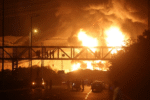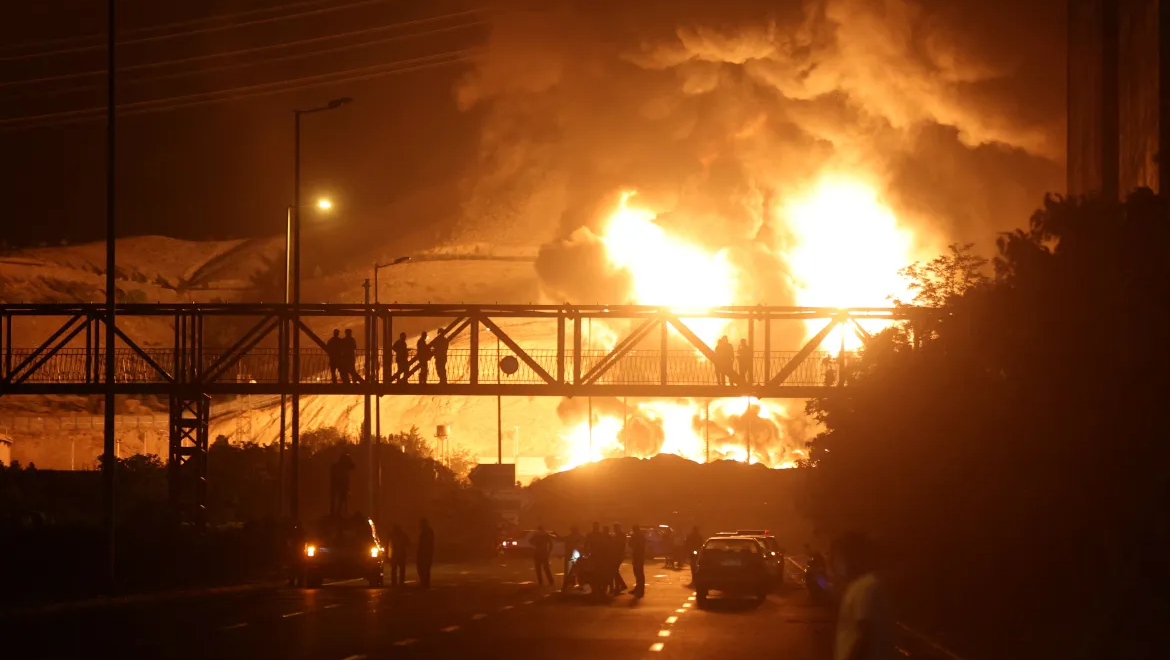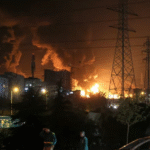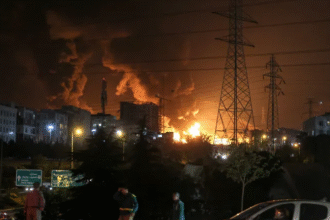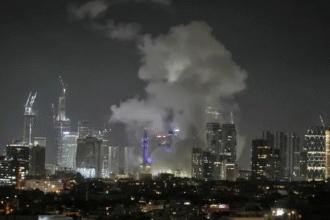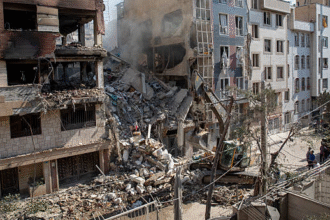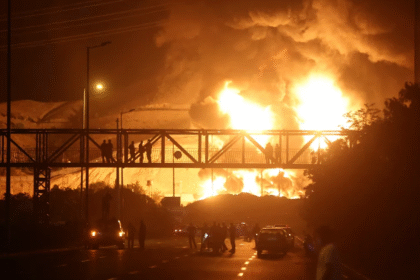Israel has taken a bold step in its conflict with Iran by directly attacking some of the most vital pieces of Iran’s oil and gas infrastructure. These strikes mark a significant escalation in tensions and could have deep consequences not just for the region but for global energy markets.
What Happened
Late Saturday night, Israeli airstrikes hit key Iranian energy assets, including:
- Shahran fuel depot in northwest Tehran
- Tehran’s Shahr Rey oil refinery
- South Pars gas field, the world’s largest natural gas field
- Fajr-e Jam gas processing plant in Bushehr province
The Iranian Ministry of Petroleum confirmed the attack on the Shahran depot, which is one of the largest fuel storage and distribution hubs in Tehran. Fires broke out and emergency crews are still battling the flames.
The South Pars gas field—which Iran shares with Qatar—suffered significant damage to its Phase 14 natural gas processing facility. Reports say an offshore platform that produces 12 million cubic meters of gas per day had to halt operations. Meanwhile, the Fajr Jam gas plant, which also processes gas from South Pars, was hit and set ablaze.
There was also a fire reported at the Shahr Rey refinery in the south of Tehran, though Iran’s Student News Network denied a direct Israeli strike, claiming only a fuel tank outside the facility was affected.

Why These Attacks Matter
Iran is one of the top energy resource holders in the world, with the second-largest proven natural gas reserves and the third-largest oil reserves. Until now, Israeli attacks had mostly targeted Iran’s military or nuclear assets. Hitting economic and civilian infrastructure like oil and gas changes the game entirely.
Key Facilities Explained:
- Shahran Depot: Stores 260 million litres of fuel. It’s critical for distributing petrol, diesel, and aviation fuel across northern Tehran.
- Shahr Rey Refinery: One of Iran’s oldest and largest, refining about 225,000 barrels per day. Disruption here could choke fuel supply in and around Tehran.
- South Pars Field: Accounts for nearly two-thirds of Iran’s gas output. It contains 1,260 trillion cubic feet of recoverable gas, about 20% of the world’s known reserves.
- Fajr Jam Refinery: A key facility for power and fuel distribution to southern and central Iran. Experts warn that any further attacks could result in widespread blackouts, which already cost Iran an estimated $250 million a day.
Global Ripples
These attacks are already sending shockwaves through the global oil markets. Even before these energy sites were hit, oil prices jumped by 9% on Friday. If the conflict continues and Iran follows through on its threat to shut down the Strait of Hormuz — a critical passage through which 20% of global oil flows — fuel prices could skyrocket.
Alan Eyre, a diplomatic fellow at the Middle East Institute, shared his insights:
“Israel’s best-case scenario might be to provoke regime collapse in Iran. But Iran must respond militarily to save face domestically.”
Despite widespread condemnation, Eyre believes that:
“Israel has shown it is not concerned with international opinion and will continue pressing its military advantage.”
What This Means Going Forward
Iran has fewer options on the table. Its regional allies are depleted after years of conflict, and it stands relatively isolated on the global stage. Meanwhile, Israel has signaled it will keep striking until it sees major results. This could mean more energy sites targeted, deeper economic instability for Iran, and a greater risk of international involvement.
The possibility of Iran shutting the Strait of Hormuz could cripple global fuel flows. World powers are watching closely, but diplomatic channels seem to be closing, especially after Iran pulled out of US-led nuclear talks.
Conclusion Israel’s decision to hit Iran’s energy lifeline marks a turning point. What was once a shadow war has exploded into open attacks on civilian infrastructure. This is no longer just a regional conflict; it’s a direct threat to global energy stability.
What do you think? Do you believe Israel went too far by targeting oil and gas facilities? Or is this a necessary step to counter Iran’s threats? Should world powers intervene now, or will that make things worse? Share your perspective in the comments below — we want to hear from you.





